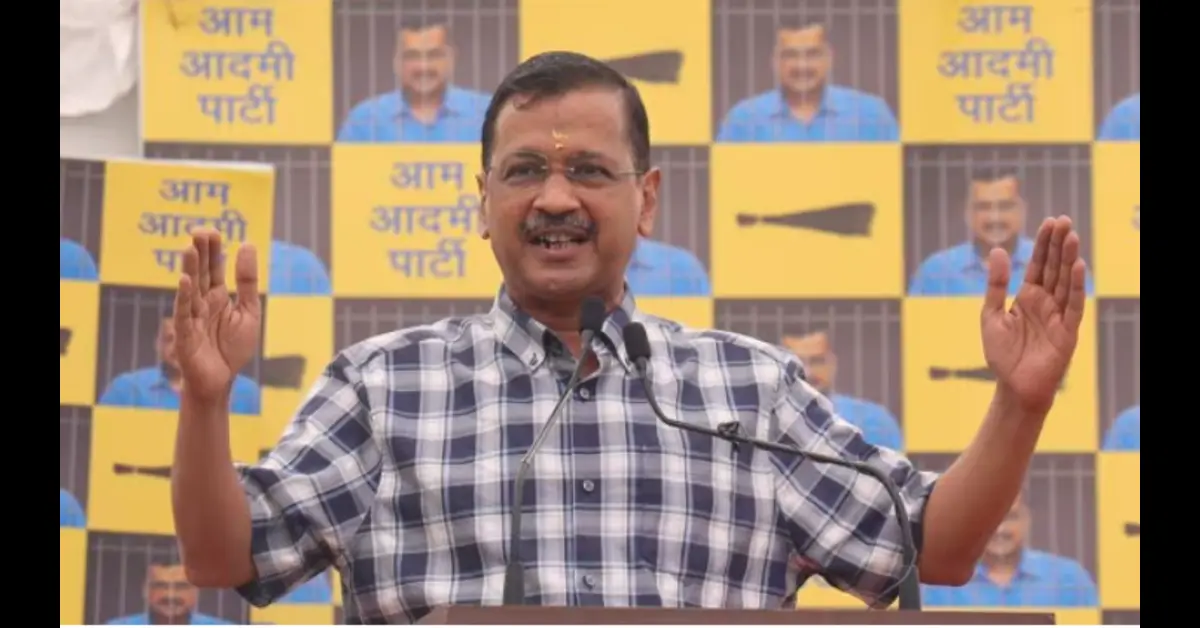Table of Contents
The political and legal saga involving Delhi Chief Minister Arvind Kejriwal has taken a significant turn. The High Court has decided to stay his bail until a final decision is made on the Enforcement Directorate’s (ED) plea regarding the excise policy case. This development has far-reaching implications for Delhi’s political landscape and governance.
Background of the Excise Policy Case
The excise policy case centers around allegations of corruption and mismanagement in the implementation of Delhi’s liquor policy. The ED has accused Kejriwal and other officials of accepting bribes and kickbacks in exchange for granting favorable licenses. This has led to a comprehensive investigation by the ED, resulting in Kejriwal’s arrest.
Legal Proceedings Leading Up to the Current Situation
The case has seen numerous legal twists and turns. Initially, the ED’s investigation brought charges of money laundering against Kejriwal. His legal team has been fighting to secure bail, arguing that the charges are politically motivated. Previous court decisions had granted him temporary relief, but the High Court’s recent ruling has changed the dynamics.
High Court’s Recent Decision
The High Court’s decision to stay Kejriwal’s bail is pivotal. The court cited the need for a thorough review of the ED’s evidence and arguments before making a final decision. This ruling means Kejriwal will remain in jail until the court concludes its review, adding a layer of uncertainty to his political future.
Arvind Kejriwal’s Time in Jail
Kejriwal’s imprisonment has been a subject of intense public and media scrutiny. Since his arrest, he has been held in Tihar Jail, one of India’s most notorious prisons. Reports indicate that he has maintained a strict daily routine and has been focusing on his legal strategy. The public response has been mixed, with some expressing sympathy and others criticizing his alleged involvement in corruption.
Reactions from Key Political Figures
The political reactions to Kejriwal’s continued imprisonment have been swift and varied. Leaders of his party, the Aam Aadmi Party (AAP), have condemned the court’s decision, calling it an attack on democracy. Opposition parties, however, have welcomed the ruling, arguing that it underscores the importance of accountability and the rule of law. Legal experts have weighed in, highlighting the complexities of the case and the potential ramifications for Indian politics.
Public Opinion and Media Coverage
Public opinion on Kejriwal’s imprisonment has been sharply divided. Social media platforms have seen a flood of reactions, ranging from support for Kejriwal to calls for stricter anti-corruption measures. Media coverage has been extensive, with analysts debating the legal and political aspects of the case. This media attention has kept the case in the public eye, influencing perceptions and political discourse.
Enforcement Directorate’s Role and Actions
The ED has played a crucial role in this high-profile case. Their investigation has uncovered what they claim to be substantial evidence of corruption. The agency has been diligent in presenting its findings to the court, and their plea to keep Kejriwal in jail reflects their determination to see the case through to its conclusion. Future steps by the ED will likely involve further scrutiny of the excise policy and those involved.
Implications for Delhi’s Excise Policy
The case has significant implications for Delhi’s excise policy. If the allegations are proven, it could lead to major overhauls in how the policy is implemented and monitored. The business community, particularly those in the liquor industry, are closely watching the developments, as changes could impact their operations and regulatory environment.
Potential Outcomes and Next Steps
The future of Kejriwal’s case is uncertain, with several possible outcomes. He could be acquitted if the court finds the ED’s evidence insufficient, or he could face further legal challenges if more evidence surfaces. The impact on AAP and Delhi politics will be profound, influencing future elections and governance strategies. The next court hearings will be crucial in determining the direction of the case.
Historical Context of Political Legal Battles in India
India has seen several high-profile political legal battles over the years. Cases involving leaders like Lalu Prasad Yadav and Jayalalithaa have set precedents in how political corruption is handled. Kejriwal’s case, in comparison, adds a new chapter to this history, reflecting the ongoing challenges of maintaining integrity in public office.
Impact on Delhi’s Political Landscape
Kejriwal’s continued imprisonment affects not only his political career but also the governance of Delhi. In the short term, it creates challenges for AAP in managing the state’s affairs. Long-term implications include potential shifts in voter sentiment and political alliances. The stability of Delhi’s government may be tested as the case progresses.
Kejriwal’s Legal Defense Strategy
Kejriwal’s legal team has been robust in their defense, arguing that the charges are baseless and politically motivated. They have focused on highlighting procedural flaws in the ED’s investigation and questioning the credibility of the evidence. Legal experts suggest that a strong defense will be critical in swaying the court’s final decision.
Broader Implications for Indian Politics
This case has broader implications for Indian politics, particularly regarding the role of judicial decisions in political affairs. It underscores the importance of transparency and accountability in governance. The outcome of this case could influence future policy decisions and the political landscape at both state and national levels.
Delhi Chief Minister Arvind Kejriwal Gets Bail in Liquor Policy Case 2024
Conclusion
The High Court’s decision to stay Arvind Kejriwal’s bail marks a significant moment in the excise policy case. As the legal battle continues, the implications for Delhi’s political and administrative landscape are profound. This case highlights the intricate balance between law and politics, and its outcome will be closely watched across India.
